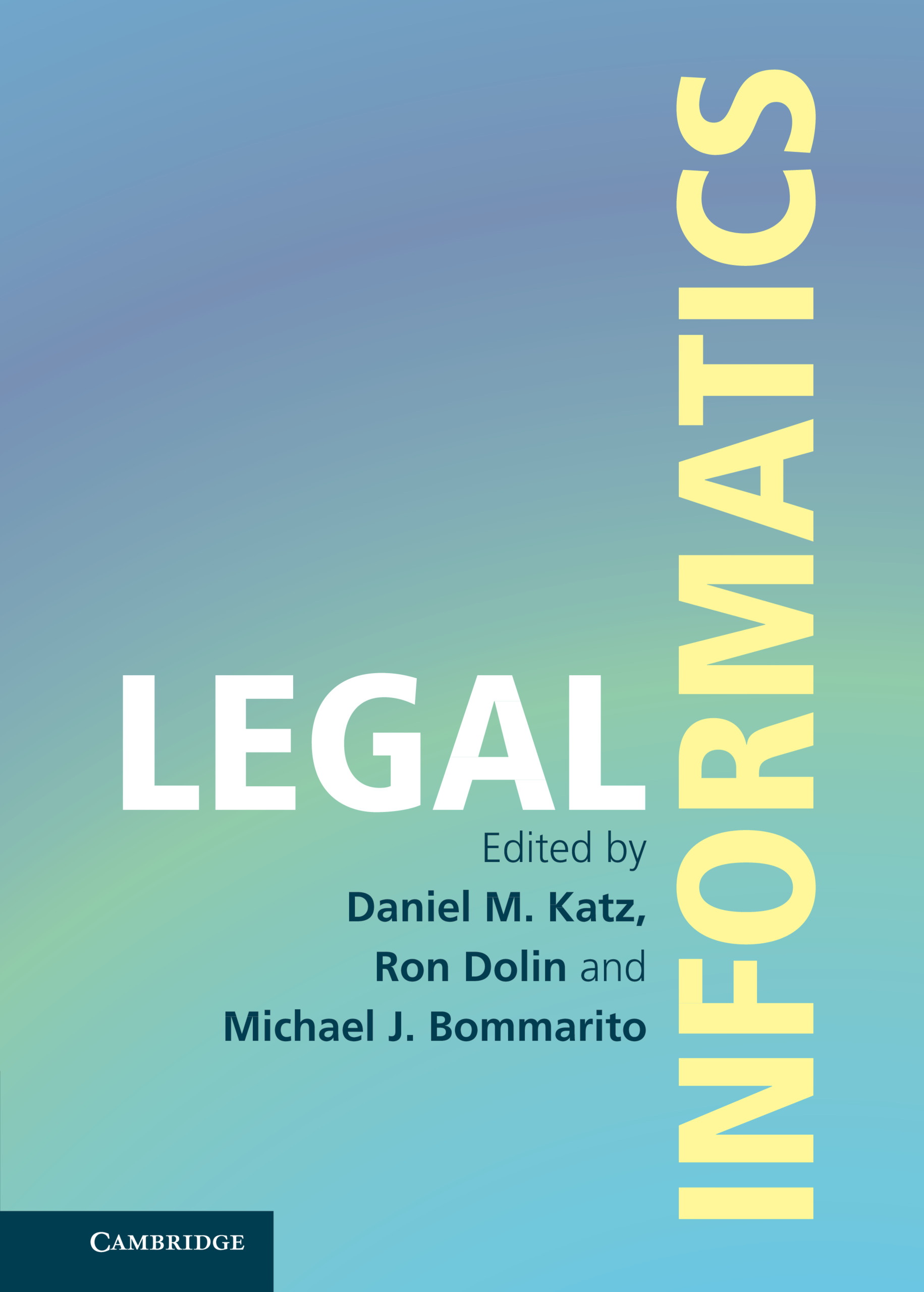Book contents
- Legal Informatics
- Legal Informatics
- Copyright page
- Contents
- Figures
- Tables
- Contributors
- Part I Introduction to Legal Informatics
- Part II Legal Informatics
- Part III Use Cases in Legal Informatics
- A. Contracts and Patents
- B. Litigation and E-discovery
- 3.5 The Core Concepts of E-discovery
- 3.6 Predictive Coding in E-discovery and the NexLP Story Engine
- 3.7 Examining Public Court Data to Understand and Predict Bankruptcy Case Results
- C. Legal Research, Government Data, and Access to Legal Information
- D. Dispute Resolution and Access to Justice
- Part IV Legal Informatics in the Industrial Context
3.5 - The Core Concepts of E-discovery
from B. - Litigation and E-discovery
Published online by Cambridge University Press: 04 February 2021
- Legal Informatics
- Legal Informatics
- Copyright page
- Contents
- Figures
- Tables
- Contributors
- Part I Introduction to Legal Informatics
- Part II Legal Informatics
- Part III Use Cases in Legal Informatics
- A. Contracts and Patents
- B. Litigation and E-discovery
- 3.5 The Core Concepts of E-discovery
- 3.6 Predictive Coding in E-discovery and the NexLP Story Engine
- 3.7 Examining Public Court Data to Understand and Predict Bankruptcy Case Results
- C. Legal Research, Government Data, and Access to Legal Information
- D. Dispute Resolution and Access to Justice
- Part IV Legal Informatics in the Industrial Context
Summary
Electronic discovery (e-discovery) is an integral component of legal informatics, touching on everything from search and artificial intelligence to design and legal services transformation. Any discussion of electronic discovery must begin with an explanation of its relevance to legal work. E-discovery – also known as “ediscovery” or, somewhat datedly, “eDiscovery” – is the discovery in legal proceedings of evidence in an electronic format. Due to the nature of modern technology, e-discovery encompasses an overwhelming majority of evidence, such that e-discovery and other forms of discovery have become virtually synonymous. As such, legal discovery is now fraught with issues concerning how information is stored, retrieved, exchanged, and generally made accessible to parties during legal proceedings. A common challenge for attorneys is what to do with a multi-terabyte collection of evidence that consists of millions of documents across hundreds of file types, with only a matter of months before their first depositions. The best solutions to this kind of increasingly common challenge will include recourse to big data and machine learning, which are discussed in this chapter.
- Type
- Chapter
- Information
- Legal Informatics , pp. 291 - 314Publisher: Cambridge University PressPrint publication year: 2021



